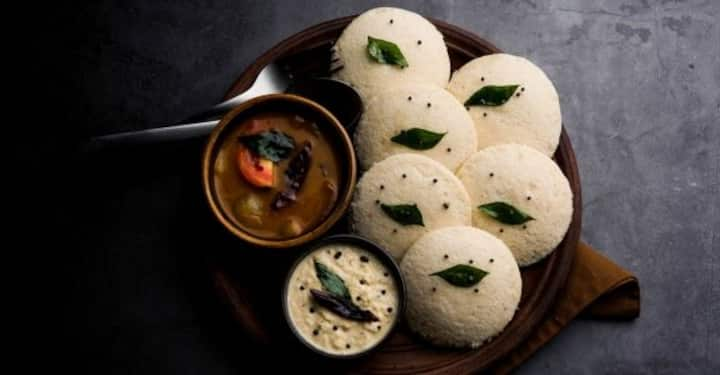Journey of Idli: From Indonesia to India, to Arabia
As we celebrate World Idli Day, it's worth tracing the fascinating journey of this beloved South Indian delicacy, from its ancient origins to its widespread popularity today.

World Idli Day:
In honor of this beloved dish, World Idli Day is celebrated on March 30th each year. It's a day to recognize and appreciate the idli's contribution to global gastronomy and to indulge in its comforting goodness with friends and family.

From its humble beginnings in Indonesia to its widespread popularity in India and beyond, the idli has truly transcended borders and cultures to become a culinary icon. As we celebrate World Idli Day, let us savor the flavors of this timeless delicacy and appreciate the rich tapestry of history and culture it represents.
In the vast tapestry of culinary history, few dishes possess the cultural richness and global appeal of the humble idli.
The Origins:
The idli's roots can be traced back to ancient Indonesia, where it is believed to have originated as 'kedli' or 'kedari', a steamed rice cake made from fermented rice batter. Over time, this culinary gem found its way to the Indian subcontinent, particularly to the southern regions of present-day India.
Evolution in India:
India embraced the idli with open arms, incorporating it into its culinary repertoire with gusto. In South India, particularly in the states of Tamil Nadu, Karnataka, Kerala, and Andhra Pradesh, the idli became a staple breakfast item, cherished for its simplicity, versatility, and nutritional value.
Cultural Significance:
Beyond its culinary appeal, the idli holds significant cultural importance in India. It is often associated with auspicious occasions, religious festivals, and family gatherings. Its soft, spongy texture and mild flavor make it a favorite among people of all ages, from children to the elderly.
Global Spread:
The idli's journey didn't stop within the borders of India. As Indian communities migrated and settled around the world, they brought their culinary traditions with them. Today, idlis can be found in Indian restaurants and households across the globe, from North America to Europe, Africa to Asia.

Arabian Influence:
Interestingly, the idli also made its mark in Arabian cuisine, particularly in the coastal regions of Yemen, Oman, and the United Arab Emirates. Here, it is known as 'harees' or 'hareesa', and while it retains the basic concept of a steamed rice cake, it often incorporates local flavors and ingredients, such as meat, spices, and herbs.
